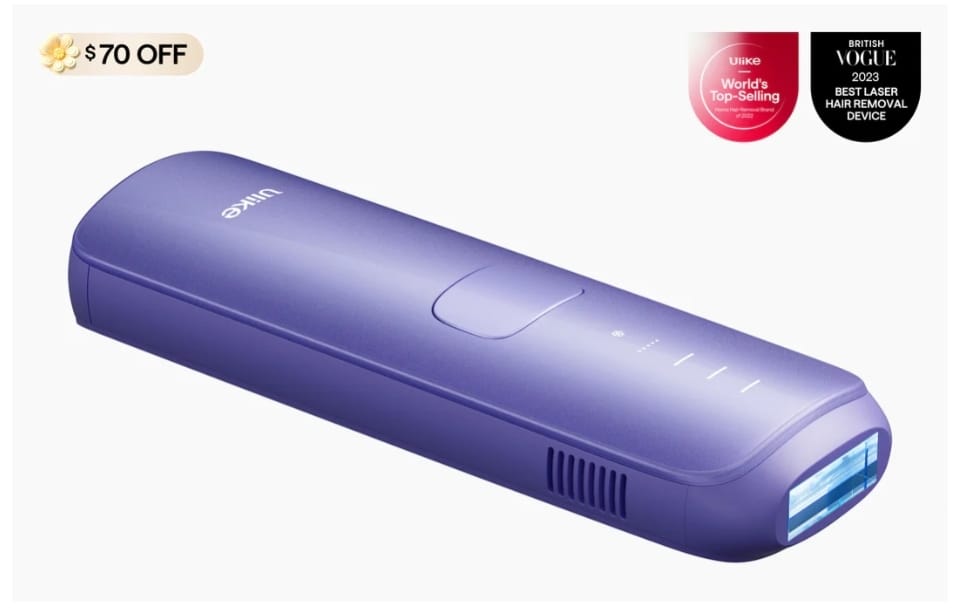Intense Pulsed Light (IPL) devices have gained popularity as a convenient and effective method for at-home hair removal and skin rejuvenation. However, concerns have been raised about the safety of IPL devices, particularly regarding their potential association with cancer. In this detailed article, we’ll explore the relationship between IPL devices and cancer, dispel common myths, and provide essential tips for safe and responsible use.
Understanding IPL Devices
IPL devices utilize broad-spectrum light energy to target specific structures in the skin, such as hair follicles or pigmented lesions. This light energy is absorbed by the target cells, leading to their destruction or breakdown. IPL devices are commonly used for hair removal, treating skin pigmentation issues, reducing acne, and improving overall skin tone and texture.
Myth: IPL Devices Cause Cancer
One of the most common misconceptions about IPL devices is that they cause or increase the risk of cancer. However, there is no scientific evidence to support this claim. IPL devices emit non-ionizing radiation, which is different from the ionizing radiation associated with cancer-causing effects. Non-ionizing radiation, such as that emitted by IPL devices, does not have enough energy to ionize atoms or molecules and therefore does not pose a cancer risk. While concerns may arise, it’s important to clarify that there is no scientific evidence suggesting that IPL devices cause cancer. Understanding this misconception is crucial for safe and informed use of IPL devices.
Safety Tips for Using IPL Devices
While IPL devices themselves do not cause cancer, it’s essential to use them responsibly and follow recommended safety guidelines to minimize any potential risks. Here are some safety tips for using IPL devices:
Consultation with a Healthcare Professional
Before using an IPL device, consult with a qualified healthcare professional or dermatologist, especially if you have underlying medical conditions or concerns about your skin health. They can provide personalized advice and recommendations based on your individual circumstances.
Choose a Reliable Device
Select an IPL device from a reputable manufacturer that complies with safety standards and regulations. Look for devices that have been clinically tested and approved for home use by regulatory authorities such as the FDA (Food and Drug Administration) or equivalent regulatory bodies in your region. Ulike IPL hair removal devices are designed with user comfort in mind, featuring ergonomic designs and adjustable settings to accommodate different skin types and sensitivities.
Follow the Manufacturer’s Instructions
Read and follow the manufacturer’s instructions carefully before using an IPL device. Pay attention to recommended treatment settings, intervals between sessions, and any safety precautions or contraindications outlined in the user manual.
Perform a Patch Test
Before using an IPL device on a larger area of skin, perform a patch test on a small, inconspicuous area to check for any adverse reactions or sensitivity. Wait for 24 to 48 hours to ensure that the skin does not react negatively to the treatment.
Use Eye Protection
Wear protective goggles or glasses specifically designed for IPL treatments to shield your eyes from the intense light emitted by the device. Avoid looking directly at the flash of light during treatment to prevent potential eye damage.
Protect Your Skin
Apply a broad-spectrum sunscreen with SPF 30 or higher to the treated areas before sun exposure to protect the skin from UV damage. Avoid sunbathing or using tanning beds before and after IPL treatments to reduce the risk of skin irritation or pigmentation issues.
Monitor for Adverse Reactions
Keep track of any changes in your skin’s appearance or any adverse reactions following IPL treatments, such as redness, swelling, blistering, or changes in pigmentation. If you experience any concerning symptoms, discontinue treatment and consult with a healthcare professional.
Tina Karras: 7 Vodka-Based Cocktails for the Holidays(Opens in a new browser tab)
Conclusion
IPL devices are generally safe and effective when used responsibly and according to manufacturer’s instructions. While there is no evidence to suggest that IPL devices cause cancer, it’s important to follow recommended safety guidelines and consult with a healthcare professional if you have any concerns about your skin health or IPL treatment. By practicing safe use and being informed about the risks and benefits of IPL devices, you can enjoy the benefits of smoother, more radiant skin with confidence and peace of mind.
